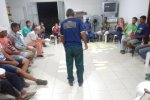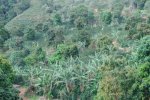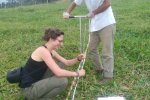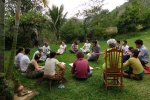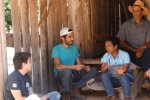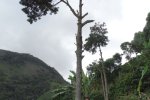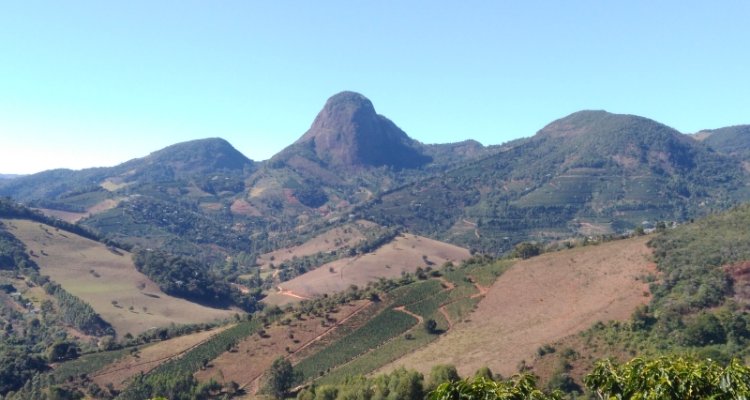
Project
Biodiversity and ecosystem services towards sustainable agroecosystems
Complex agroecosystems can play a key role for maintaining and enhancing the provision of multiple nature benefits, also known as Ecosystem Services. The development of such systems requires a holistic approach, considering social and ecological dimensions. In my research I combine participatory and ecological methods to understand and explore the transition towards more sustainable and diversified agroecosystems.
The landscape in Zona da Mata region (Brazil) can be understood as a dynamic mosaic of land uses, including secondary forests, pastures, coffee and agroforestry systems. Spatial patterns of such mosaics are determined by heterogeneous physical landscape features and shaped by the diversity in management practices and decisions made by individual farmers. Thus, a gradient of more biodiverse to overly simplified farms can be found in the region. These diverse farming systems contribute differently to local livelihoods and to the provision of ecosystem services (ES).
Currently, we lack understanding of the incentives that farmers have to manage agrobiodiversity and the consequences of management for functional diversity and the provision of multiple ES. A farm typology will be conducted in the region to understand how socio-economic factors influence and relate to biodiversity in the agroecosystems. Together with farmers, the main ES for each land use unit will be identified and prioritized using Fuzzy Cognitive Maps.
In sequence, different ecosystems processes and properties related to the selected services will be quantified in the field. In parallel, tree and herb species presence and relative abundances will be combined with species functional trait data to estimate functional diversity properties for the selected landscape units. Different indexes of (functional) diversity will be then related to the selected ES.


